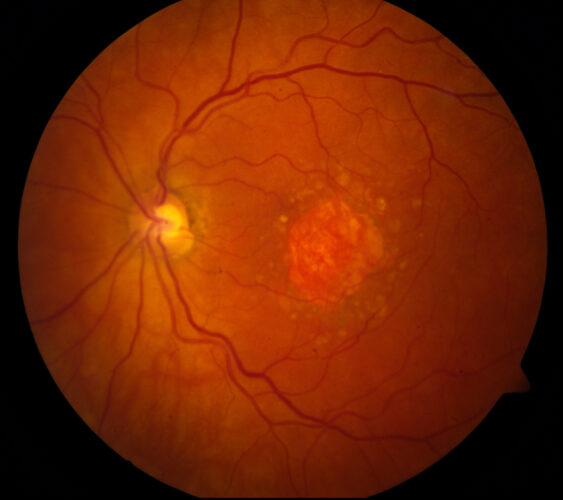A team of scientists from the University of Montreal has developed a regenerative therapy that may help restore vision in patients with inherited vision impairment.
This therapy involves expressing genes that convert dormant cells into new light-sensing cells in the retina, which can replace the ones that have been lost due to disease.
Retinitis pigmentosa is one of the genetic diseases that affect vision, where the light-sensing cells in the retina start to degrade. Over time, this impairs the patient’s vision, reducing their ability to detect detail and color, and in severe cases, it can lead to complete blindness.
The researchers found a way to activate dormant cells in the retina and reprogram them into induced neuron cells that could be converted into new light-sensing cells, effectively reversing vision loss.
In fish, Müller cells are a type of glia that provides structural support for the neurons in the retina and can be reactivated to regenerate the retina after damage from injury or disease. However, mammals lack this ability.
The team screened a series of genes to identify those that could help unlock this regeneration. They found that a pair of transcription factors called Ikzf1 and Ikzf4, when expressed in Müller cells, can convert them into retinal neurons, which can replace key light-sensing cells.
While the research is still in the early stages, the team believes that this therapy offers new hope for the regeneration of retina, restoring vision to patients with advanced stages of degenerative diseases.
Other gene therapies have shown promise in slowing disease progression, preventing disease, or implanting artificial retinas to restore lost vision.
Ajay David, co-author of the study, stated that “We may one day be able to take advantage of the cells that are normally present in the retina and stimulate them to regenerate retinal cells lost to pathological conditions and to restore vision.”


















Add comment